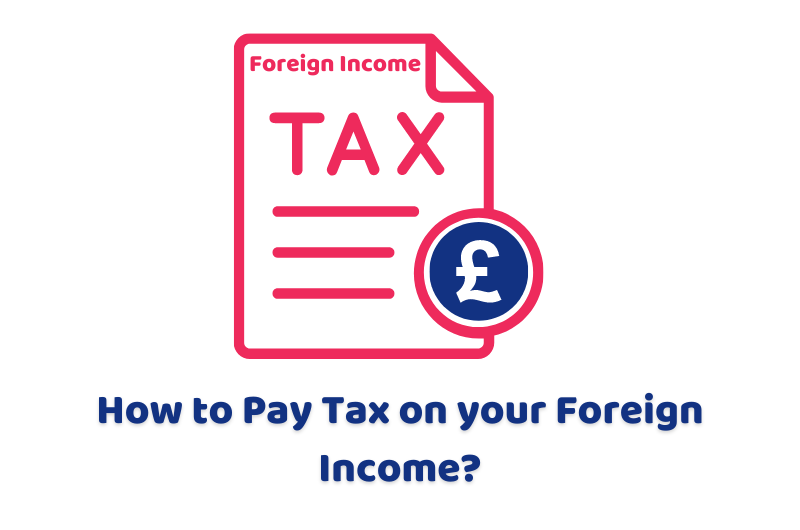
Do You Need to Declare Foreign Income in the UK?
In a time of teleworking, global property investment, and global business, increasing numbers of UK citizens are making money abroad. But few people know that HMRC has strict guidelines on when and how foreign earnings have to be reported.
If you receive earnings abroad—whether from property, investments, or a job—this guide from TAXVAT will assist you in learning what you must disclose, how, and why disclosure at the earliest stage is important.
What Are Overseas Earnings?
Overseas earnings are any earnings earned outside the UK, for example:
- Rent from overseas property
- Income earned while working overseas or for a foreign employer
- Dividends and interest on foreign investments or bank deposits
- Overseas pensions
- Inheritance or trusts overseas
Do You Have to Inform HMRC About Your Foreign Income?
Short answer: yes, if you're a UK tax resident.
Most UK residents are taxed on their worldwide income, wherever it was earned and whether or not it has already been taxed elsewhere.
There are exceptions—mainly for those with non-domicile status—but the majority of individuals need to include their foreign earnings as part of their tax return each year.
When and How to Report Foreign Income?
Foreign income is reported on a Self-Assessment Tax Return, namely the SA106 form (Foreign section).
You are required to disclose:
- The source and nature of income
- The sum paid
- Any foreign tax previously paid
- Applicable currency conversions
- Whether the remittance basis is effective (for non-doms)
HMRC deadlines:
- 31 October (paper return)
- 31 January (online return)
Missing deadlines or filing wrong information may result in penalties.
What Is the Worldwide Disclosure Facility (WDF)?
If you've never disclosed foreign income before or think you got it wrong in the past, you can voluntarily disclose through HMRC's Worldwide Disclosure Facility.
This lets you:
- Fix errors on previous tax returns
- Reduce penalties
- Escape criminal prosecution for tax evasion
It's always safer to disclose voluntarily than leave it to HMRC to find you.
Can You Avoid Double Taxation?
Yes. The UK has Double Taxation Agreements (DTAs) with more than 130 nations. These arrangements prevent you from paying tax twice on the same income.
You can:
- Claim Foreign Tax Credit Relief on tax already paid overseas
- Apply the DTA to decide whose taxing rights apply
- Save your overall tax bill legally and equitably
We assist you in claiming the proper reliefs while remaining fully compliant with UK law at TAXVAT.
Why You Should Take Disclosure Seriously
With international data-sharing under the Common Reporting Standard (CRS), HMRC receives information now from overseas banks, governments, and institutions.
If you don't declare foreign income:
- You could be fined up to 200% of unpaid tax
- HMRC could carry out investigations or audits
- Your reputation and financial future may be in jeopardy
Voluntary disclosure is an expression of good faith—and usually results in lower fines.
How TAXVAT Keeps You in the Good Books of HMRC
At TAXVAT, we assist:
- UK residents with foreign income
- Expats relocating back to the UK
- Non-doms who remit on the basis
- Companies making income around the world
We provide:
- Reporting foreign income through SA106
- WDF support
- Double taxation guidance
- Complete Self-Assessment assistance
Declare with Confidence—Call TAXVAT Today
If you're working overseas, don't overlook your UK tax obligations. Have our specialist team walk you through the rules, forms, and deadlines—and help you steer clear of unwanted tax and penalties.
Visit: taxvatreturn.co.uk
Call: 01284 332375
Email: info@taxvatreturn.co.uk



